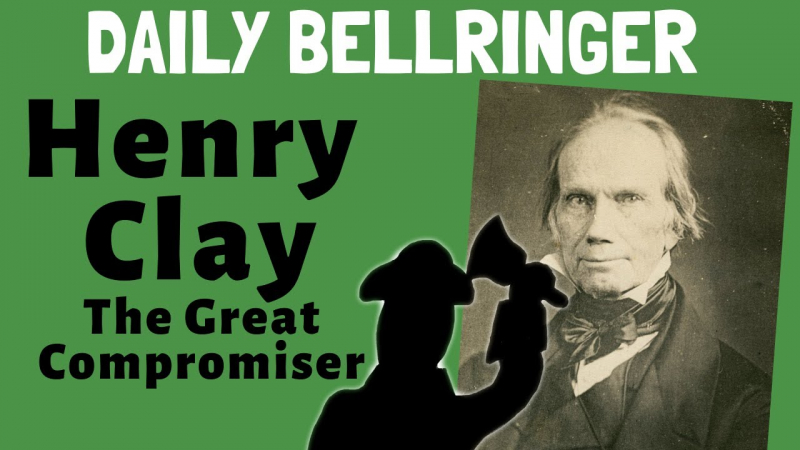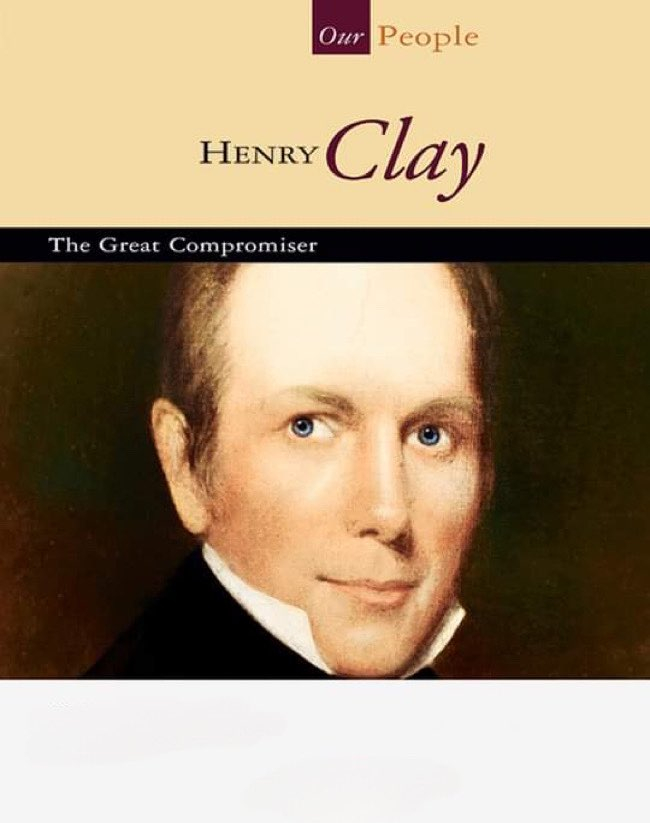Clay has made changes to the tax schedule
As a result, the price of imported products increased when the Tariff of 1828 and the Tariff of 1832 was put into effect. So many people in the South took offense.
Following the election in 1832, South Carolina conducted a state convention where it was decided that the tariffs of 1828 and 1832 would no longer apply in the state. It was also decided that beginning January 1833, it would be unlawful to collect federal taxes on imports. Jackson's Proclamation to the People of South Carolina, which vehemently opposed the ability of states to void federal law, was issued in response to this crippling crisis of secession or state.
Finally, it was decided that the aforementioned tax orders were void. The 7th president of the United States was the statesman Andrew Jackson. However, he also urged Congress to approve the Force Bill, which would have given the president the authority to send federal troops against South Carolina if it attempted to overturn federal law.
Therefore, Henry Clay Sr. offered the Compromise Tariff of 1833 to prevent a potential civil war. In essence, this compromise tariff would initially reduce it but then progressively raise it. However, there will be plenty of time for manufacturers and customers to adjust appropriately. The dilemma was resolved in 1833 after the Compromise Tariff was adopted by Congress. The fact that these occasions led to Henry Clay being dubbed "The Great Composer" is an intriguing truth about him.










